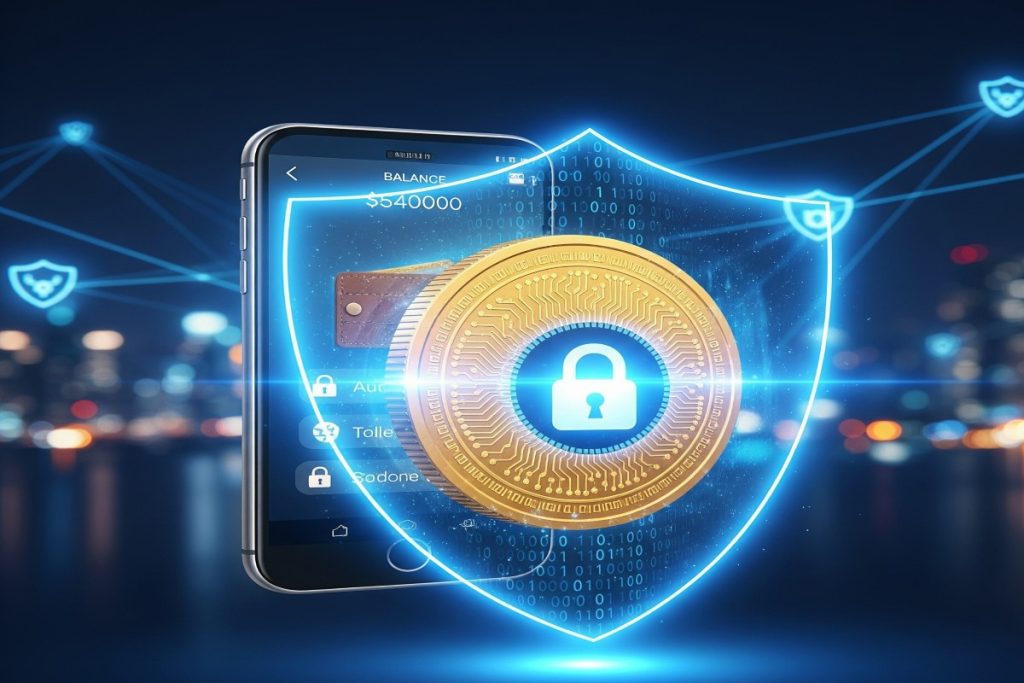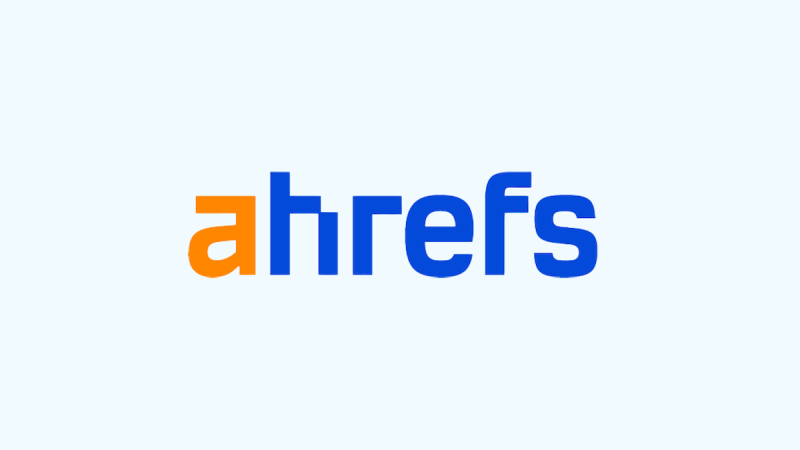Introduction
From paying for groceries with a single scan to sending money across continents in a matter of seconds, digital currency is now an essential part of modern life. Whether we use bitcoin wallets, PayPal, UPI, or mobile banking apps, e-money has fundamentally altered the way we conduct business. But this convenience begs the crucial question: how secure is your digital currency? As adoption increases, so do worries about fraud, hacking, and privacy concerns, making digital cash security a critical topic in today’s financial landscape. are developing more sophisticated methods to target digital wallets, phishing techniques are becoming harder to spot, and data privacy laws are struggling to keep up with the rapid pace of technological innovation.
What Exactly Is Digital Cash?
Any type of currency that is kept and exchanged electronically is referred to as digital cash. This includes:
- UPI (Unified Payments Interface) and other instant transfer systems
- E-wallets like PayPal, Google Pay, and Apple Pay
- Cryptocurrencies such as Bitcoin and Ethereum
- Prepaid cards and virtual banking platforms
Unlike physical cash, digital money doesn’t exist in a tangible form. Instead, it’s represented by secure digital records, usually managed by banks, payment processors, or blockchain networks. The speed, accessibility, and convenience of these systems make them appealing—but also require robust digital cash security measures.
Is E-Money Safer Than Physical Currency?
In certain respects, the answer is affirmative. Digital currency can provide greater security compared to carrying substantial amounts of cash due to the following reasons:
- Transactions are traceable, which diminishes losses associated with theft.
- Numerous systems provide multi-factor authentication.
- Accounts can be instantly blocked if fraud is suspected.
Nevertheless, digital currency has its own set of vulnerabilities:
- Reliance on internet connectivity.
- The threat of phishing attacks.
- The possibility of large-scale data breaches.
While physical cash can be taken from your pocket, cybercriminals have the capability to steal thousands in mere seconds without ever being present in the same location. This underscores the importance of digital cash security, which is as crucial as securing your wallet.

How Do Digital Wallets Protect You?
Digital wallets like PayPal, Google Pay, and Paytm use multiple layers of protection to keep your money safe:
- Encryption – All transactions are encrypted, making it extremely difficult for hackers to read your data.
- Tokenization – Your card or bank details are replaced with unique codes, so merchants never see your actual numbers.
- Multi-Factor Authentication (MFA) – You may need both a password and a one-time code to log in.
- Fraud Monitoring – Suspicious activity triggers alerts or temporary freezes.
These features, combined with user awareness, significantly strengthen digital cash security.
What Are the Risks of Using UPI, PayPal, or Crypto?
While these platforms offer convenience, each comes with specific risks:
- UPI: Fast but vulnerable to phishing links and scam calls asking for OTPs.
- PayPal: Global reach but targeted by fake invoice scams and account takeovers.
- Crypto: Decentralized and private but irreversible once stolen, funds are nearly impossible to recover.
In every case, the biggest weak link isn’t the technology it’s human error. Many breaches happen because users click on malicious links or share sensitive details with fraudsters. No matter how advanced the system, digital cash security depends heavily on user behavior.
Can Hackers Steal Your Wallet?
Unfortunately, yes. Hackers have several methods to compromise digital wallets:
- Phishing: Fake websites or emails trick you into revealing credentials.
- Malware: Malicious software records your keystrokes or gains remote access.
- SIM Swapping: To get around verification, thieves copy your phone number.
- Public Wi-Fi Attacks: Unsecured networks allow data interception.
However, most successful attacks require the victim to take some action, like clicking a link or downloading a file. Staying alert is your first line of defense.
Tips to Keep Your Digital Money Safe
To protect your funds and personal information, follow these best practices:
- Regularly Update Applications – Frequent updates typically contain security enhancements.
- Steer Clear of Public Wi-Fi for Transactions – Opt for mobile data or a VPN instead.
- Activate Multi-Factor Authentication – Always necessitate more than just a password for login.
- Confirm Requests Prior to Transferring Funds – This is particularly important for large or atypical amounts.
- Ensure Your Phone’s Security – Implement biometric locks and screen passwords.
- Utilize Strong, Distinct Passwords – Refrain from reusing passwords across different accounts.
- Inform Yourself About Scams – The more knowledge you possess, the more challenging it becomes to deceive you.
Following these steps significantly boosts your digital cash security and reduces the risk of falling victim to cybercrime.
Conclusion
The convenience of digital money is undeniable, but so is the need for strong protection. While payment platforms invest heavily in advanced security measures, the ultimate responsibility lies with users. By staying informed, vigilant, and proactive, you can enjoy the benefits of cashless transactions without unnecessary risks.
In a world where more and more work, shopping, and banking happen online, having a secure financial setup is as essential as having a stable income source. Platforms like Wiraa make it easier to earn through legitimate remote jobs, giving professionals a safe way to connect with verified clients worldwide. As a remote job platform, Wiraa emphasizes trust and security because just like digital cash security, your career success depends on keeping risks low and opportunities high.




